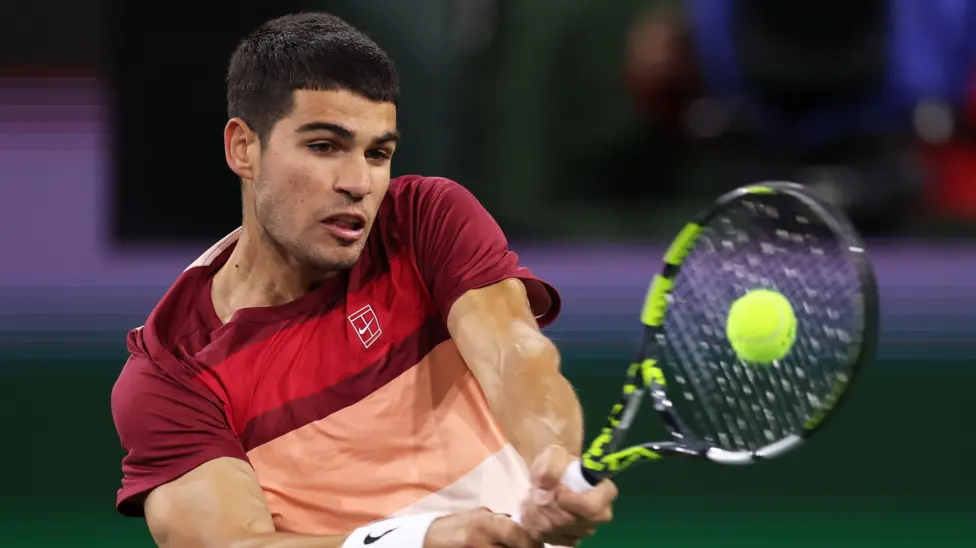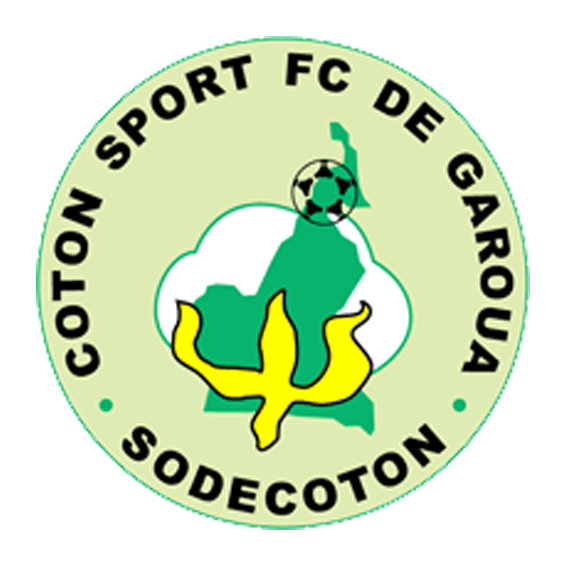
Alcaraz ‘Does Not Support’ Djokovic Union’s Legal Action
Alcaraz Voices Opposition to PTPA’s Lawsuit
World number three, Carlos Alcaraz, has made it clear that he does not support the legal action being taken by the Professional Tennis Players’ Association (PTPA), a union co-founded by Novak Djokovic. The PTPA, which aims to advocate for the rights and welfare of tennis players, filed a lawsuit against tennis’ governing bodies on Tuesday, challenging the control over the sport, including issues with the schedule, ranking systems, and image rights.
Alcaraz, the 21-year-old Spanish tennis star, revealed his disagreement with the union’s actions during a press conference at the Miami Open, stating that he was unaware of the lawsuit until it was made public. “It was surprising for me, because no one had told me about it,” Alcaraz explained to reporters. “There are things I agree with, and there are other things I don’t agree with. The main thing is I don’t support what was done.”
Alcaraz’s comments highlight the ongoing debate within the tennis world, with various players and governing bodies offering differing views on the future of the sport. Despite being one of the rising stars in tennis, Alcaraz’s stance reflects his independent thinking on the issue and raises questions about the support for the PTPA among players on the ATP Tour.
The PTPA’s Lawsuit and Its Objectives

Carlos Alcaraz Says ‘Doesn’t Support’ Novak Djokovic-Backed Lawsuit
The lawsuit filed by the PTPA seeks to address what it describes as “monopolistic control” over the tennis tour by the ATP, the WTA, the International Tennis Federation (ITF), and the International Tennis Integrity Agency (ITIA). The legal action claims that these governing bodies are not prioritizing player welfare and are instead focusing on maintaining power and control over the sport.
In its filing, the PTPA calls for the end of what it views as the “cartel-like” behavior of the tennis governing bodies, specifically pointing to their agreements with tournaments that limit prize money and restrict players’ financial opportunities. Additionally, the union criticizes the existing ranking points system, which they describe as “draconian” and stifling to players’ development and opportunities in the sport.
The PTPA’s push for more control over the game and its governance structures is not new. Formed in 2020, the organization’s main objective has been to ensure that players have a greater say in how the sport is run. By challenging the current structures, the PTPA seeks to shift more power into the hands of the players themselves, advocating for reforms that they believe would better serve the player community.
Alcaraz’s Reaction to the Lawsuit and His Role in the Debate

Carlos Alcaraz says ‘I don’t support’ legal action from Novak Djokovic’s PTPA against tennis’ governing bodies –
Carlos Alcaraz’s reaction to the lawsuit shows a level of caution and thoughtfulness when it comes to taking sides in the conflict. While the PTPA claims to represent the interests of all players, Alcaraz’s comments suggest that the union’s actions may not fully align with his views. “Yesterday I saw on social media that they put something I said in a press conference in the documents and I wasn’t aware of it,” Alcaraz explained. “I honestly don’t support that letter, because I wasn’t aware of it.”
This statement raises concerns about the way in which the PTPA is conducting its legal action, especially since it appears to have used Alcaraz’s previous comments on the tennis schedule without his consent. The young player made headlines last September when he criticized the sport’s hectic calendar, yet it is clear from his remarks that he did not anticipate his words would be used in a lawsuit against the sport’s governing bodies.
Alcaraz’s stance highlights the complexities of the issue, as many players feel that they are being caught in the middle of a larger power struggle between the PTPA and the established tennis organizations. While some players may feel that the PTPA is advocating for necessary change, others, like Alcaraz, appear to be more hesitant about the union’s approach and the potential consequences of such a lawsuit.
PTPA’s Mission and Its Impact on Tennis
The PTPA has made it clear that its mission is to reshape the landscape of professional tennis by giving players a stronger voice in the decision-making process. The organization has been particularly vocal in its opposition to the current structure of the tennis tour, which it believes has been detrimental to player welfare and growth.
A significant part of the PTPA’s criticism is directed at the ATP and WTA’s control over the tennis calendar and prize money distribution. The lawsuit argues that the current system creates an uneven playing field, with top players receiving the lion’s share of prize money while others struggle to make a living from the sport.
In addition, the union has called for reforms to the ranking system, which it describes as overly restrictive and outdated. The PTPA believes that the current system limits players’ opportunities and hampers their ability to move up the rankings, regardless of their performances on the court.
Despite these criticisms, the ATP and WTA have responded with caution, with both organizations publicly expressing their concerns over the lawsuit. The ATP Tour has criticized the PTPA for causing division and distraction among players, while the WTA called the lawsuit “regrettable and misguided.” This further highlights the tension between the players’ union and the governing bodies, as both sides stake their claims to control the future of tennis.
Djokovic’s Role in the PTPA and Alcaraz’s Disagreement
As one of the co-founders of the PTPA, Novak Djokovic has been a driving force behind the union’s efforts to bring about change in tennis. Djokovic has long been an advocate for player rights, and his involvement in the PTPA reflects his desire to challenge the current status quo in the sport.
However, Alcaraz’s comments suggest that not all players share Djokovic’s vision for the future of tennis. Alcaraz, as a young player with a promising career ahead of him, has expressed that he does not fully support the PTPA’s legal action. His decision to distance himself from the lawsuit may have significant implications for the union’s credibility and influence within the tennis world.
Alcaraz’s independent approach to the issue also reflects the broader divide among players. While some have been outspoken in their support of the PTPA, others—like Alcaraz—remain cautious, wary of the potential fallout from the lawsuit and the long-term consequences for the sport.
The Future of the PTPA and the Tennis Landscape
As the PTPA moves forward with its lawsuit, the future of tennis may be shaped by the ongoing legal battle and the responses from the governing bodies. While the PTPA seeks to change the way the sport is run, its ability to unite players and gain widespread support will be crucial in determining its impact.
For now, Carlos Alcaraz remains a key figure in the debate, and his reluctance to support the PTPA’s legal action underscores the challenges the union faces in achieving its goals. With Alcaraz’s influence growing in the tennis world, his stance may have a significant impact on the broader conversation about player rights and the future of tennis.
As the lawsuit unfolds, the tennis community will be watching closely to see how this legal battle plays out and whether the PTPA can achieve its goals. For now, Alcaraz’s position is clear: while he agrees with some of the issues raised by the PTPA, he does not support the way in which the union is pursuing its cause.
























































There are no comments yet. Be the first to comment!